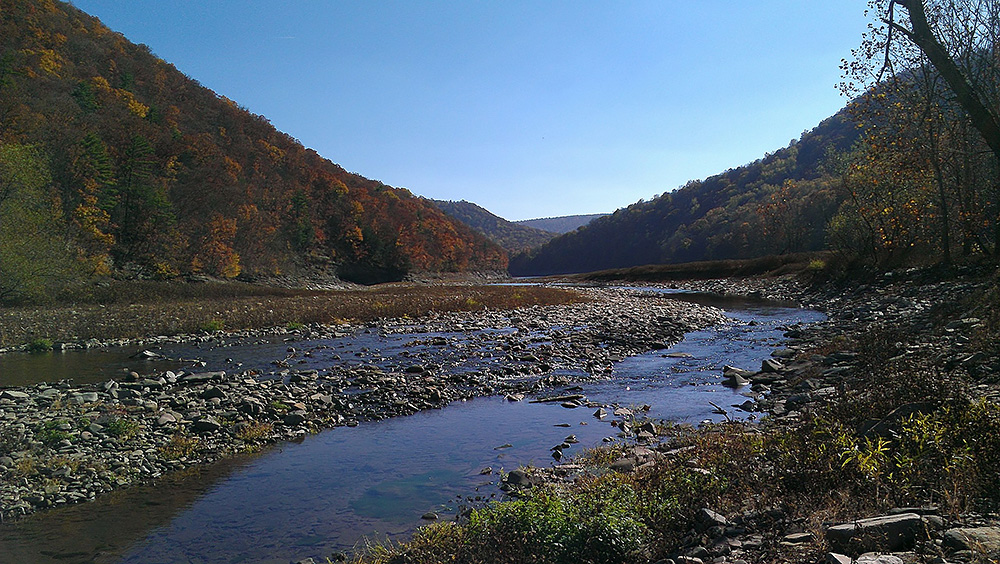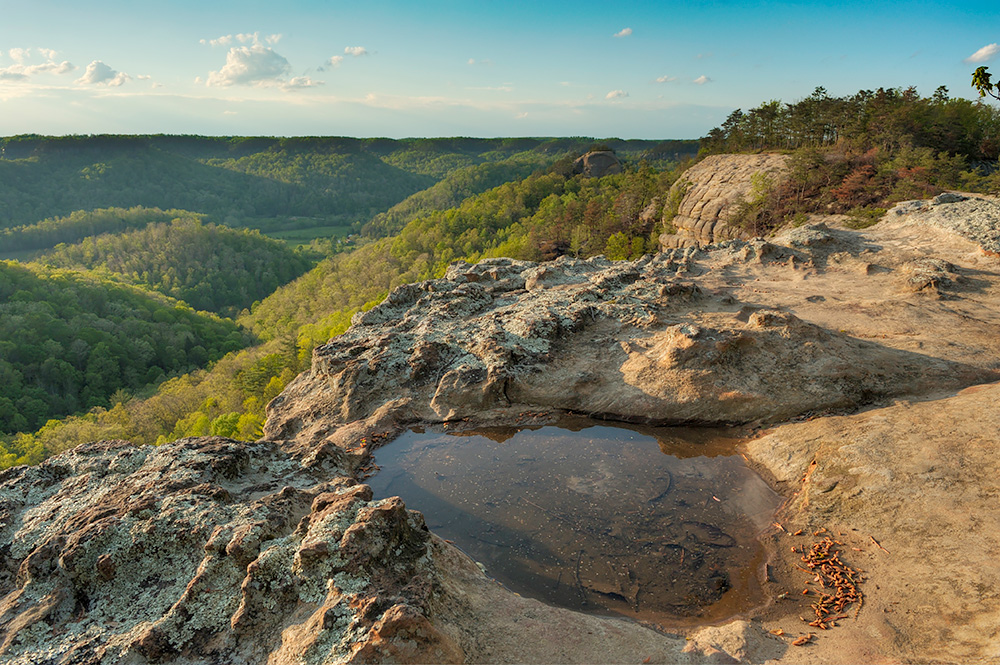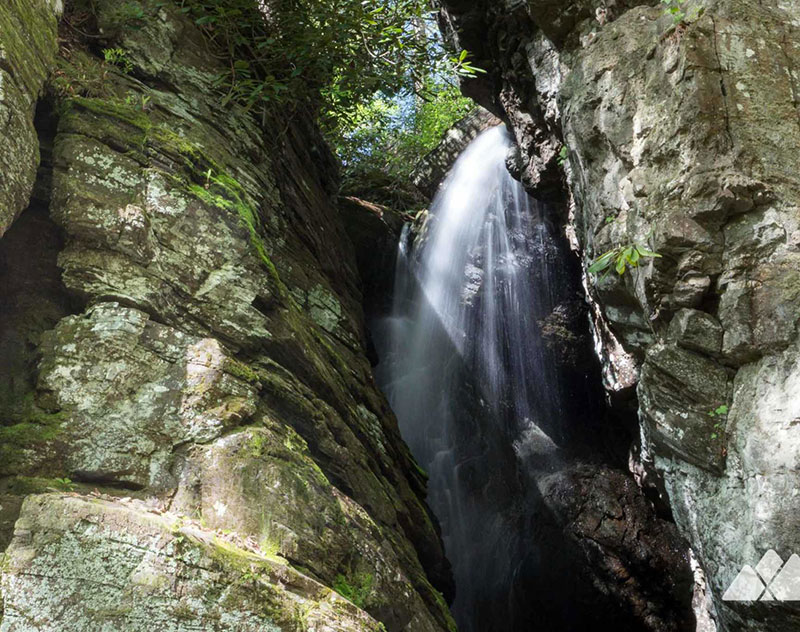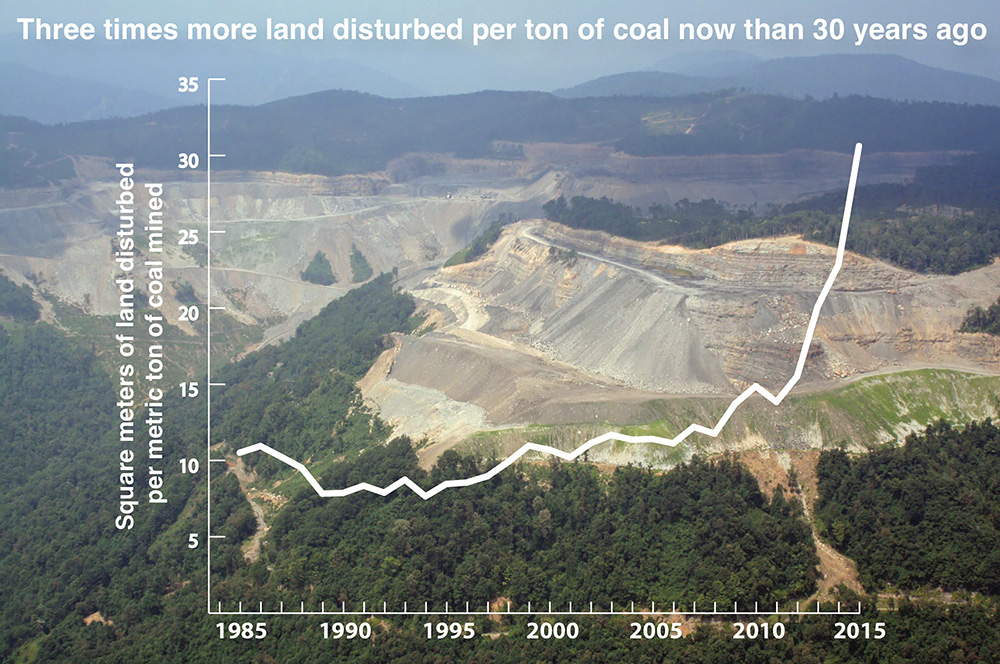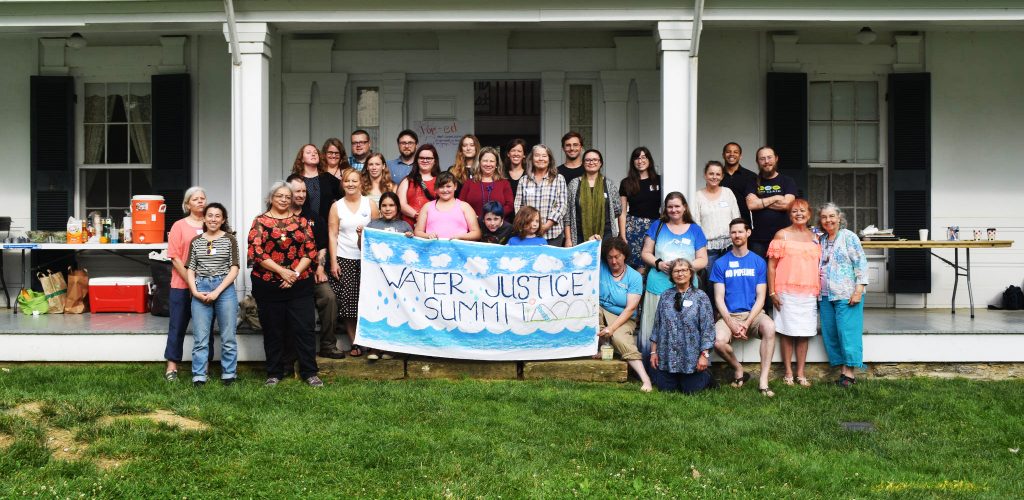The Appalachian Voice
Hidden Treasures #6: Maryland
Poplar Lick Trail Savage River State Forest (301) 895-5759 At over 54,000 acres, Grantsville’s Savage River State Forest is the largest state forest in Maryland and an outdoor enthusiast’s paradise with designated areas for hiking, camping, fishing, hunting and off-road vehicles. The Poplar Lick Trail is a moderate 6-mile path on the remains of a…
Read MoreHidden Treasures #6: Kentucky
The Auxier Ridge Trail and nearby trails in Daniel Boone National Forest’s Red River Gorge offer stunning hiking, while the Little Shepherd Trail provides a beautiful drive along Pine Mountain and Kentenia State Forest.
Read MoreHidden Treasures #6: Georgia
Raven Cliff Falls in Chattahoochee National Forest.
Read MoreNew Study Maps Increase in Land Disturbed by Coal Mining
A new study shows that surface mining has cleared 1.5 million acres of land between 1976 and 2015, and also showed a drastic increase in the ratio of land cleared to tonnage of coal produced over the last three decades.
Read MorePowell Valley Electric Co-op Members Raise Their Voices
Members of Powell Valley Electric Cooperative have launched a campaign to make their cooperative more transparent, accountable and responsive to the needs of its communities. The group has three candidates running for board seats and submitted a bylaw amendment.
Read MoreTell Virginia’s Governor to Plan for Clean Energy
Virginia is drafting a state energy plan, so it’s time to tell Gov. Northam that we should work to replace an outdated, fossil-fuel based economy with a sustainable, clean energy economy
Read MoreEmpowering Citizens at the 2018 Water Justice Summit
Water defenders and community activists from across Central Appalachia and beyond gathered in Blacksburg, Va., earlier this summer to network, share stories and strategize to protect the region’s water. The day included workshops on topics such as water quality monitoring, organizing basics, media outreach and facilitation training. Community members whose water is imperiled by industrial…
Read MoreHelp Community Threatened by Compressor Station
Dominion Energy wants to build a massive compressor station for the Atlantic Coast Pipeline in the historic African-American community of Union Hill in Buckingham County, Va. The giant engine would run 24/7, creating toxic air emissions and near-constant noise that could harm the health and well-being of nearby communities. Dominion needs an air pollution permit…
Read MoreA Fond Farewell
Appalachian Voices would like to bid a very fond farewell to our two Energy Savings AmeriCorps Project Conserve outreach associates, Katie Kienbaum and Becca Bauer, who both worked to bring energy efficiency to Western North Carolina. Katie worked with us for two service years, and leaves us for a full time position with the Institute…
Read MoreThe STAY Project Celebrates 10 Years
The Stay Together Appalachian Youth (STAY) Project, a youth-led organization of people ages 14 to 30 that aims to “make Appalachia a place young people can and want to stay,” celebrated 10 years in July.
Read More
